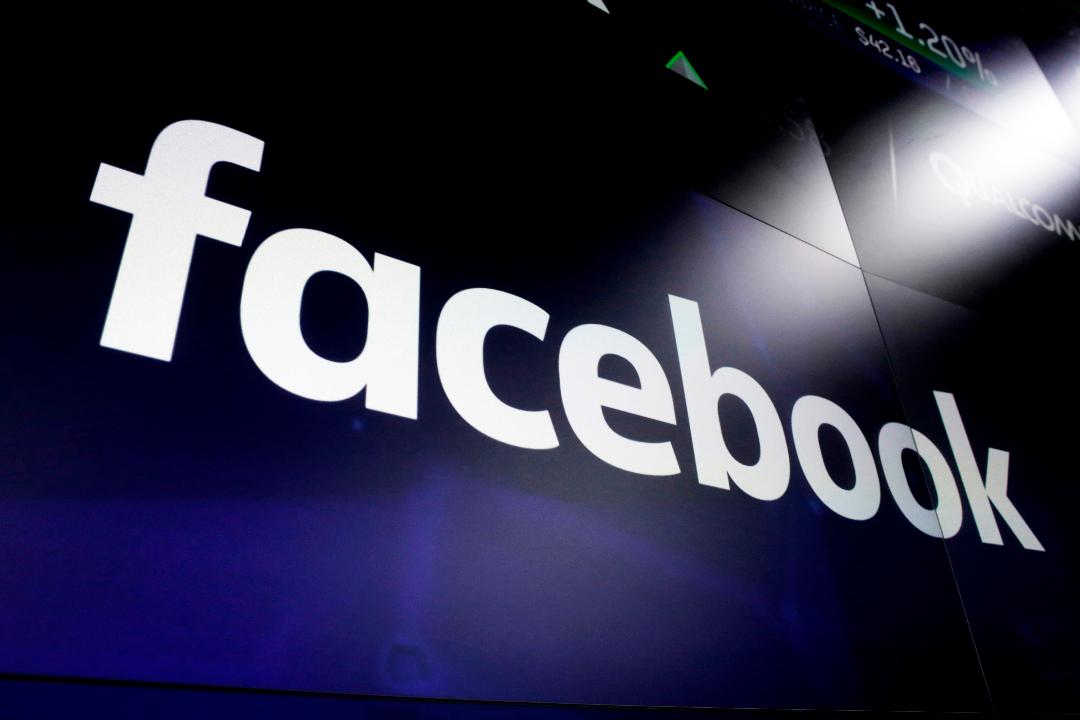WhatsApp co-founder calls himself 'sellout' for $22B Facebook deal
WhatsApp co-founder Brian Acton, who called on users to delete Facebook last March at the height of the social media giant’s data breach scandal, called himself a “sellout” this week for accepting Facebook CEO Mark Zuckerberg’s $22 billion offer to buy his company in 2014.
"I sold my users’ privacy to a larger benefit,” Acton said in an interview with Forbes published Wednesday. “I made a choice and a compromise. And I live with that every day.”
Acton, who co-founded the messaging service alongside Jan Koum, abruptly left Facebook in September 2017 under unclear circumstances. The decision cost Acton about $850 million of Facebook stock options that had not vested at the time of his exit.
Koum also left Facebook earlier this year amid purported disputes over Facebook’s cybersecurity practices and plans for WhatsApp. The co-founders of Instagram, which is also owned by Facebook, left the company this week over purportedly differing visions for the photo-sharing app.
Acton said he opted not to pursue a settlement with Facebook in part because the social media giant asked him to sign a nondisclosure agreement during preliminary negotiations.
Facebook received widespread criticism last March after multiple reports revealed the personal data of as many as 87 million users was exposed without consent by Cambridge Analytica, a British data analytics firm that was active during the 2016 election cycle. The revelation led Congressional leaders to call on Zuckerberg and Facebook COO Sheryl Sandberg to answer questions about the site’s data practices at a series of public hearings.
Hours after the Cambridge Analytica data breach became public knowledge, Acton wrote on Twitter that “it is time” to delete Facebook, the company that made him a billionaire.
Acton told Forbes that his decision to leave Facebook came amid clashes with the company’s leadership, including Zuckerberg, about how to monetize WhatsApp. Facebook officials purportedly pressed for WhatsApp to add targeted advertising to grow revenue.
The WhatsApp co-founder also offered something of a defense of the social media giant, noting that Facebook “isn’t the bad guy.”
“I think of them as just very good businesspeople,” he said.




















